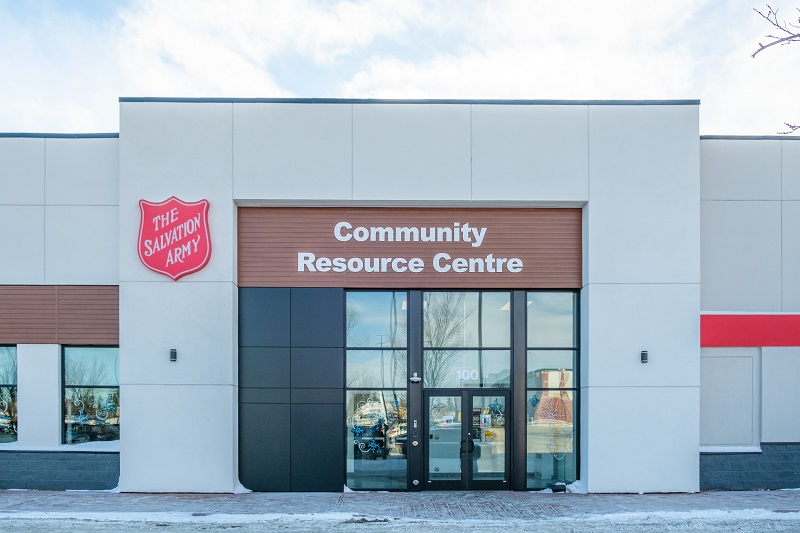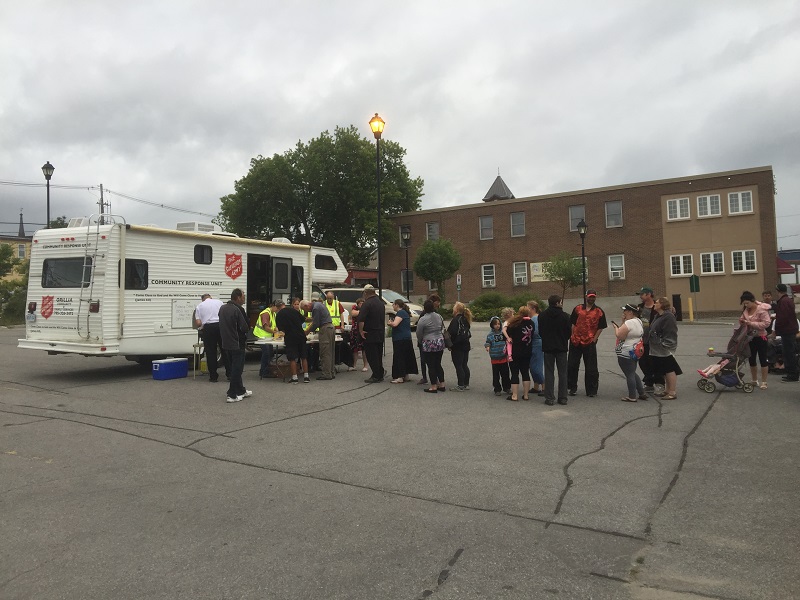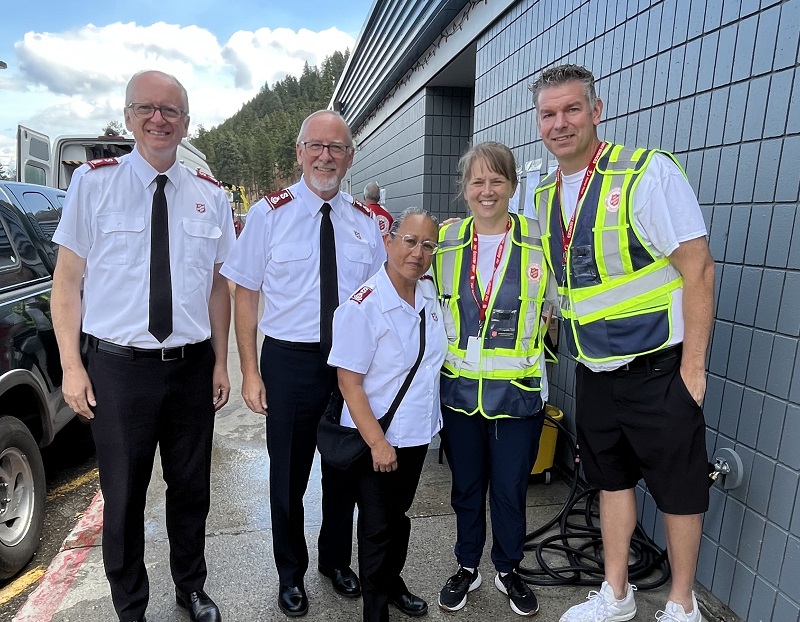Salvation Army Steps Up Earthquake Response in New Zealand
THE Salvation Army’s operations in earthquake-affected Canterbury, New Zealand, have shifted up a gear. On Wednesday, March 2 Salvation Army emergency services volunteers provided 65 per cent more meals to evacuated residents than they had the previous day. Psychosocial support workers fielded their largest number of teams providing emotional support to residents in the hardest-hit suburbs. Particular assistance was given to people with needing urgent care or material support such as food and water.
With warehousing secured in the Christchurch suburb of Hornby, three specialist managers have been recruited to oversee the movement of bulk goods, heavy transport and accommodation, and to arrange travel for Salvation Army personnel. This development will allow a substantial scaling-up of operations needed for the longer term.
Meanwhile, The Salvation Army’s Canterbury Earthquake Appeal reached NZ$6.2 million, up by $1.9 million over just 24 hours. Of this total, $1.6 million was raised through a $3 text initiative organised by Westpac Bank.
Psychosocial support personnel from Australia and around New Zealand are part of ‘Suburban Squad’ teams touring the worst-affected eastern suburbs of Christchurch, assessing residents’ needs, property and infrastructure. The teams comprise staff and engineers from EQC (the New Zealand Government’s Earthquake Commission) and Christchurch City Council, with 122 Salvation Army personnel providing emotional support to residents and identifying people who require additional support. These include elderly people living in isolation, those with chronic health conditions and others who are particularly stressed or anxious. Such cases were followed up by ‘flying squads’ of 12 Salvation Army officers, with a large team of volunteers delivering food, water and other goods to those in need.
Another 14 psychosocial support workers were based at welfare centres, providing care and support to people evacuated from their homes.
Psychosocial team coordinator Major Lynette Hutson says her teams are making an immense difference to people who, in many cases, had been cut off and were yet to receive outside help. One of the most touching cases seen by the teams was an 18-year-old who was caring for his wheelchair-bound mother and his two adult-aged, intellectually disabled brothers in a house without sewage or water. An emerging issue is the number of elderly people who are struggling to get by, often without water or sewage.
On March 2 Salvation Army emergency services workers served 4,710 meals to 1,570 people at welfare centres. This number included meals for 100 emergency workers hosted at The Salvation Army’s community ministries centre in Linwood. During the day, Linwood Community Ministries delivered 382 food parcels to residents who were without transport and provided 212 food parcels to people arriving at the centre for help.



